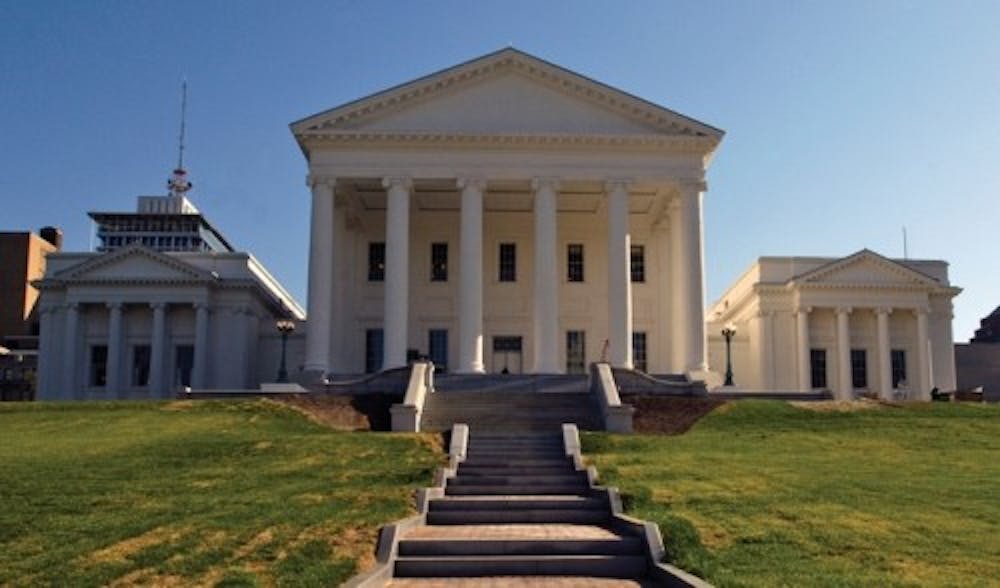Gov. Terry McAuliffe exercised his right to veto a state bill for the first time Wednesday on House Bill 962. The bill would have clarified existing legislation about guns stored in motor vehicles when the owner does not have a concealed weapons permit. It stipulated that the guns must be in “secured” containers, such as glove compartments or consoles, but not necessarily locked containers. McAuliffe’s objection to the bill was that not requiring the containers be locked presented a public safety risk.
HB 962 passed in both houses of the Virginia State Legislature and was sent to McAulliffe’s desk for final signature. On March 3, the Governor issued recommendations the legislature amend the bill “for the purpose of better ensuring the safety of Virginia’s law enforcement personnel and its citizens,” according to a press release.
McAuliffe’s recommendations for the bill would have required compartments be locked in order to be excused from concealed weapon prohibitions. The House of Delegates rejected his recommendations, returning HB 962 to the Governor unchanged.
“I believe the bill as originally passed does not offer adequate protection to our citizens and law enforcement personnel and, accordingly, I veto this bill,” McAuliffe said.
Delegate Ben Cline, R-Amherst, who proposed the bill, issued a press release of his own Tuesday regarding the Governor’s veto.
“I am disappointed that Governor McAuliffe’s first use of the veto is in opposition to a bill defending the Second Amendment rights of law-abiding Virginians,” Cline said.
Cline said he hopes the Virginia Legislature will be able to override McAuliffe’s veto April 23 when they reconvene.
“The Governor is clearly listening to his friends in the gun control lobby instead of the majority of Virginians who support the Second Amendment,” Cline said.
According to the press release, the bill has “earned the support of several gun-rights and law enforcement organizations.”
University Center for Politics spokesperson Geoffrey Skelley said McAuliffe’s veto was a message to his voter base.
“The issue itself isn’t that controversial,” Skelley said. “It sought to clarify storing guns in vehicles. He has to be playing to his base with this move … [The veto] sends a message as to what McAuliffe believes in and stands for as a Democrat.”
Skelley said the debate would not have much effect on the federal elections later in the fall.
“I think it’s a very 50-50 issue because the state is very 50-50,” he said. “Your average Democrat is going to favor some form of gun control and Republicans are going to be against gun control. In a state that is fairly purple, you end up with an even split.”
Instead, Skelley said, voters who are against the issue are more likely to turn up at elections.
“In a low turnout year, if it were made an issue, the kinds of voters likely to show up are going to be … people against this issue,” Skelley said. “In the current political environment, those voters tend to be Republican due to fundamental factors.”







